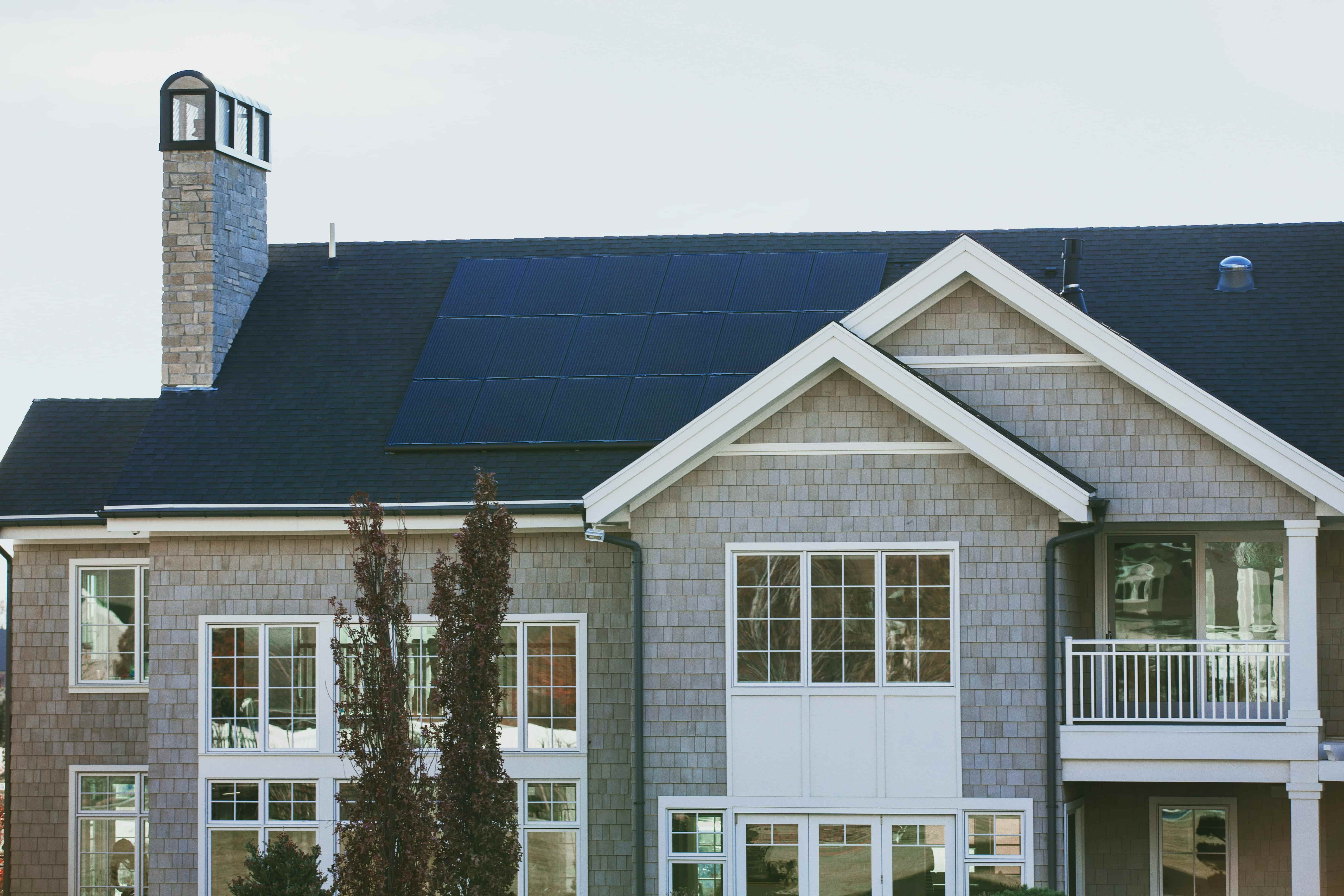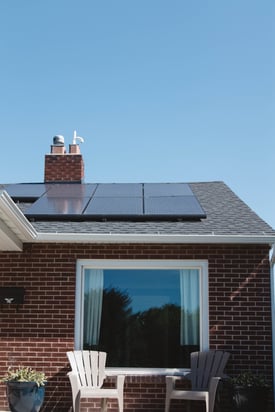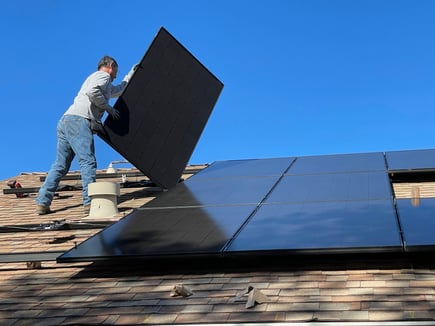What You Need to Know About Solar Panels
October , 2024 | 5 min. read

You can’t flip through a magazine or turn on the TV these days without hearing about the push to “go green.” While a lot of eco-friendly tips focus on reducing your carbon footprint or swapping to greener chemicals, one of the most effective ways to make a difference is by shrinking your home’s energy use. And the easiest route? Installing solar panels on your roof—at least, that’s the common advice.
Solar power is a clean, sustainable option for home energy, especially here in sunny Florida. When done right, experts at RoofCrafters know that solar panels can significantly reduce or even eliminate the amount of electricity you pull from the grid, though, of course, they only generate power during the day.
But with summer winding down and the days growing shorter, it’s worth pausing before you dive into solar. In this article, we’ll explore some essentials: the lifespan of solar panels, whether they impact your roofing warranty, and how many panels your setup will need. Let’s dig in!
How Long Do Solar Panels Last?

More importantly, since solar panels are typically laid atop your existing roof, should you wait until it’s time to replace your roof to go solar? Solar panels can be expected to last from 25-30 years on average. That doesn’t mean that the juice will suddenly stop flowing, provided the panels are properly maintained.
The bad news is that a solar panel's output will slowly degrade over time to produce less and less power. The good news is that this degradation in output typically averages between .3% and .8% per year, which equates to an average loss of around 10% in 25 years. Since typical roof systems last 25-30 years, it only makes sense to install a new solar system at the same time you replace your roof.
Will Solar Panels Invalidate My Roof Warranty?
Possibly, if the brackets that support the panels on your roof aren’t mounted correctly. It isn’t unusual for roofing companies like RoofCrafters to get called out to repair leaks after the solar panels are installed on a home. Repairing such leaks can be expensive since they invariably aren’t covered under the roofing warranty.
What’s even worse is that this is an avoidable problem. If the homeowner had the solar company and the roofer coordinate the installation to make sure that the panels were attached properly, there never would have been any leaks in the first place. It also wouldn’t hurt to ask the solar rep what kind of rack system their company uses since there are two. The first system used on residential installation requires bolts or screws that penetrate through the roof.
The second system uses a ballasted rack that relies on weight to keep the rack in place. Ballasted systems are only effective with roofs that have little or no slope. However, even systems that are designed to penetrate the roof can and should have their footing installed with flashing that’s designed to mitigate leaks.
The mounting systems used also depend on the material used on your roof. While solar installations on asphalt roofs typically use bolts, flashing, and butyl tape to ensure watertight integrity, installations on tile roofs usually employ hooks that slide beneath the tile to affix the footings to the roof. Solar installations on metal roofs use clamps affixed to the seams negating the need to drill through the roof to attach the panels.
How Many Solar Panels Do I Need?
That depends on how much power your home typically consumes and how much of that you want to mitigate. The beauty of residential solar power systems is that you don’t need to eliminate 100% of your power consumption unless you live in an area that’s off-the-grid.

You can also choose to install a system that reduces the amount of power you receive from local utilities. Of more concern to most homeowners is the cost of a solar power system. To get a bead on this you must first analyze your utility bill. Take a look at the kilowatt-hours (kWh) usage figure on your bill over a 12-month period. Add these up and divide them by twelve to determine your average monthly consumption. Then divide by thirty to find your average daily usage.
To determine the size of a system that will more or less deliver 100% of your household power via the Sun, you’ll also need to determine your area’s peak sun hours. That’s done by doing an Internet search for the peak sun hours for the nearest metropolitan area.
In Jacksonville, Florida, the peak sun hours are between 6.16 hours in the summer and 5.26 hours in the winter. Then you need to plug this and your power consumption in kWh into the following formula: Daily kWh usage divided by the average sun-hours times 1.15 to determine your home’s DC solar size. My Jacksonville, Florida home needs 6.7 kilowatts DC if I want to more or less eliminate my electric bill.
Since a 6-kW system typically requires 20 solar panels, to go completely green, I’d need around 24 panels. This would necessitate a surface area of approximately 15×30 feet of roof to install. The cost for a 6.7 kW system as of 2020 would be somewhere between $18,000-$22,000 (without storage batteries) in Florida after factoring in the 26% Federal ITC discount. While that sounds like a lot of money, if you divide say $20,000 by 25, you come up with an average annual electricity cost of only $800. A local solar power company can give you a better idea of what it would cost for you to go green. Plus, many solar companies offer financing options.
Are Solar Panels a Good Investment For My Home?
It all comes down to personal preference! Deciding if solar panels are best suited for you and your home is going to depend on many different factors. This article provided you with a bit more clarity on why that is and further delved into the subject of solar panels.
Your next step is going to be calling a professional roofing contractor and scheduling an inspection. In the meantime, you should consider all of these choices when making your final decision, and discuss your options with the roofing expert when they arrive.
Whether you’re looking for a roofing estimate or need aid in exploring the different types of roofing, RoofCrafters has your back. We’re always here to help. While you’re here, be sure to check out our pricing page for cost information regarding the materials listed in this article, and drop us a line with any questions. In the meantime, check out our article "Which Type of Roof Is Best for My Home?" so that you can be better educated on the right roof for your home.
My name is Cassie, and I’m the Content Manager here at RoofCrafters. I was born and raised in Chicago, Illinois, and made my way out to Florida post-college graduation. I’m incredibly passionate about writing and creating valuable content that helps others with the collaboration of my marketing team. When I’m not working, I enjoy shopping (a little too much), spending time at the beach, and reading!


